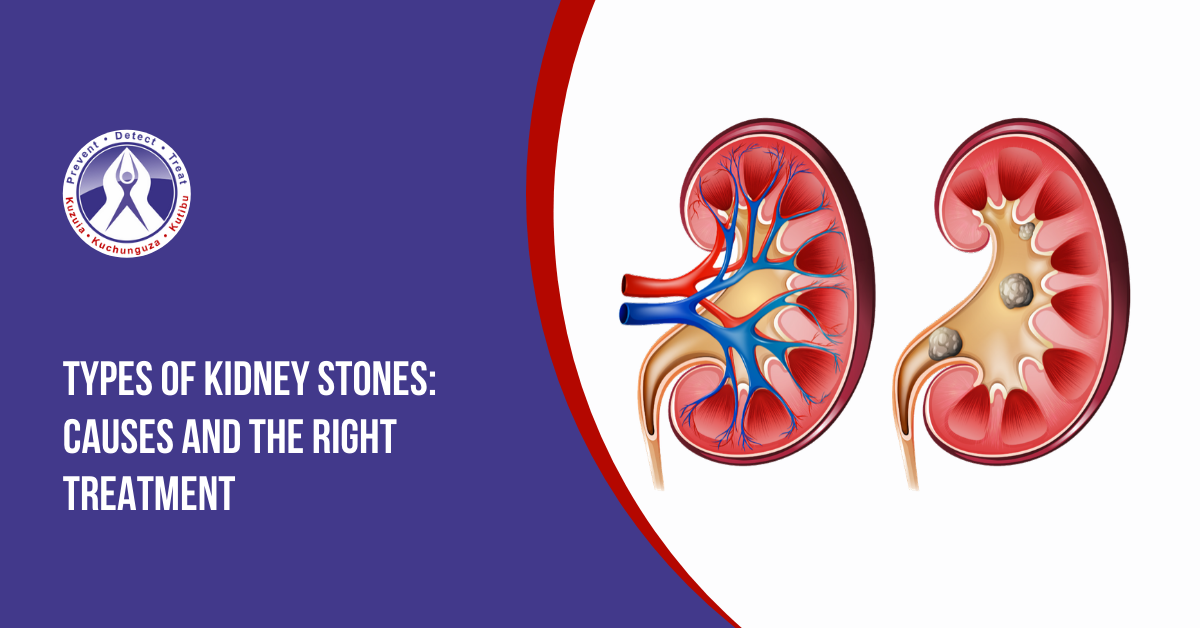Kidney Stones: Types, Causes & The Right Treatment
1,082 viewsThe kidneys are an essential part of the excretory system. These two bean-shaped organs in your body help in purifying your blood. They filter excess water, waste products and any other impurities from the blood. They also help in producing hormones that control your blood pressure. The kidneys try their best to maintain all of these together. So when does the trouble begin? Precisely, when the kidney stones are formed. Read along to know about the various types of kidney stones, their causes and the right treatment.
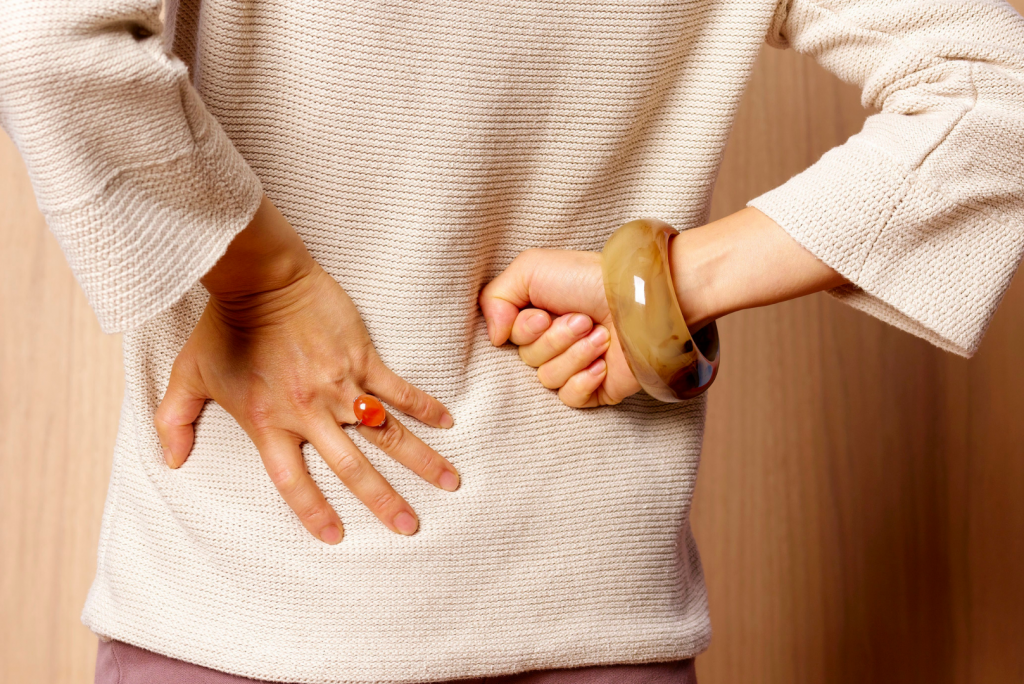 What are kidney stones?
What are kidney stones?
Kidney stones are chunks made of minerals and protein deposits. Scientifically, it is called nephrolith or renal calculus. They form like crystals. The size of these kidney stones vary. It could be as small as a grain of white sand or as large as a golf ball (although that’s rare).
The smaller stones can go away with the urine. It is likely that it may not even show any symptoms. However, the larger ones will be stuck in the urinary tract. These can lead to pain in the abdomen or your lower back. Luckily, such a kidney stones symptom does not cause permanent damage. Consulting your doctor at the right time can save you from this kidney problem.
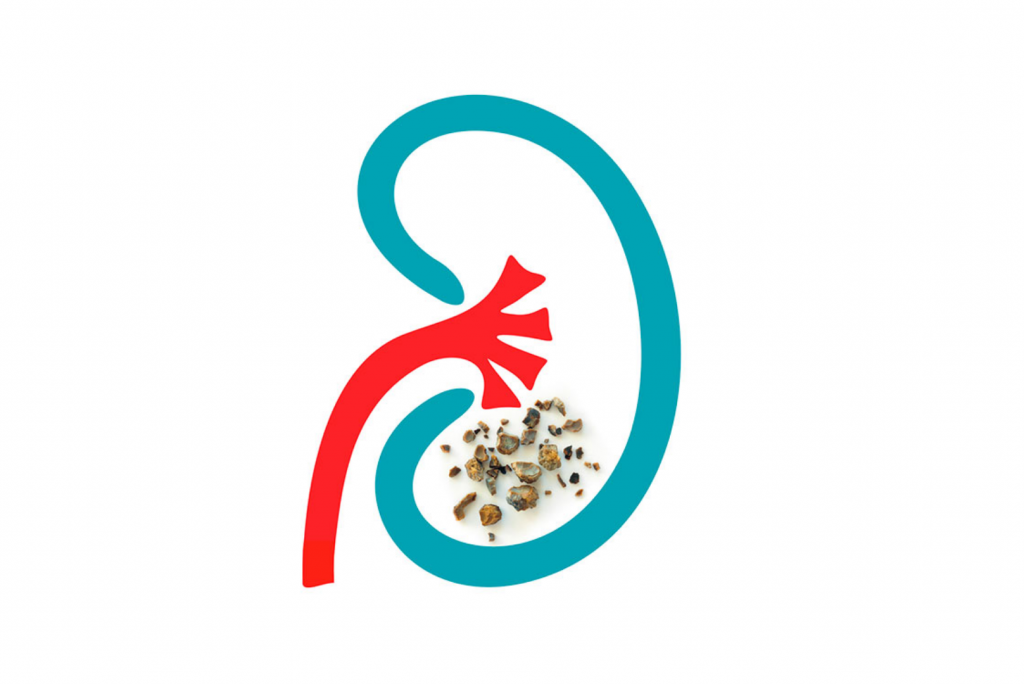 Kidney Stones Symptoms: What Are The First Signs of Kidney Stones?
Kidney Stones Symptoms: What Are The First Signs of Kidney Stones?
The most common symptom of a kidney stone is a severe pain in your abdomen. For men, there are chances that the pain radiates to the groin part.
Other kidney stone symptoms include nausea, discolored urine, vomiting, fever and blood in the urine. Some may also have the need to urinate more often. If the size of the stone is small enough, you might not even have pain or any of these symptoms. They automatically go through your urinary tract when you increase your body fluids.
Types of Kidney Stones
The treatment of kidney stones depends on the type of stone. All of them are not made of the same crystals. So let’s understand the different types to help you determine the kidney stones’ causes and the right treatment approach. There are mainly four types of stones.
Calcium stones
These types of kidney stones are the most common ones. Generally, they are in the form of calcium oxalate. A substance absorbed from your diet and created daily by your liver is called oxalate.
Foods with high oxalate content include vegetables like spinach and beets, snacks like nuts, potato chips and chocolate. To reduce the risk of forming these stones, choose to eat fewer oxalate-rich foods. Calcium phosphate is an additional form of calcium stone. It’s more frequent in metabolic conditions.
Uric acid stones
It’s another common kidney stones type. As the name suggests, these develop when your urine is too acidic. This type is usually more common in men than women.
Mostly, uric acid stones form in people who follow high-protein diets which include foods like fish, meat and shellfish. These foods are rich in purines which is a colourless substance found in animal protein. Higher amounts of purine intake helps in forming this type of stones.
Struvite stones
Struvite stones are a type of kidney stone but not so common compared to the above two. These types of kidney stones are usually found in women. It is caused due to a common kidney problem called Urinary Tract Infections (UTIs).
This infection can lead to urinary obstruction. Treating this infection can stop the formation of struvite stones. These stones develop quickly. Therefore, getting timely medical attention is extremely important.
Cystine stones
These stones belong to the “runs in the family” type. They form because of a hereditary disorder named as cystinuria. It gives rise to a chemical called cystine which leaks in the urine. Cystine is a form of amino acid. It helps in forming this kind of kidney stone. However, about 1 in 7,000 people worldwide have cystinuria so it’s known to be a rare condition that can be controlled.
Kidney Stones Causes
The kidney stones are mainly caused by increased levels of oxalate, calcium, and phosphorus in the urine. These from crystal masses leading to pain. Here are some of the reasons for causing this unpleasant situation:
Dehydration
It is perhaps one of the most common causes of kidney stones. The lack of body fluids leads to low urine volume. Consequently, when the volume itself is low, there are hardly any fluids present to keep the salts dissolved.
To dilute these salts, you should ensure your fluid intake is good enough. So, water is by far the best fluid to keep you hydrated. A lemonade or an orange juice can be your next best option.
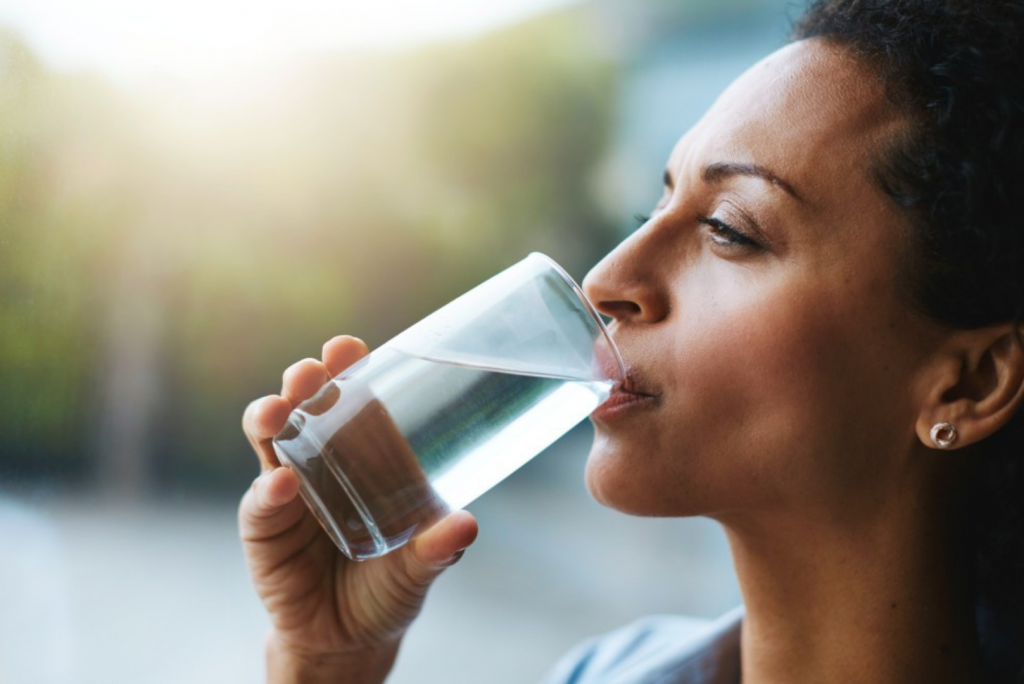 Diet
Diet
Diet can also play a vital role in forming a kidney stone. Higher levels of calcium intake or even too much salt in your daily diet can help develop a kidney stone. These can increase the risk of calcium stones. Go for less oxalate-rich foods.
Any diet plan with animal proteins like beef, chicken, fish, or other meat can increase acid levels. These acid levels when higher can make uric acid stones. Choose healthier diet choices as good investments considering all these factors.
Bowel Conditions
Bowel problems like Diarrhea can result in loss of body fluids. Such conditions decrease urine volume. It is likely that your body will absorb more oxalate through the intestine as well. This can cause the formation of oxalate kidney stones.
Obesity
If you’re suffering from this health problem, you are more likely to get a kidney stone. This is because it may change the acid levels in your urine leading to the formation of a stone. For kidney stones prevention in this scenario, you should encourage change. Particularly, changes in lifestyle behaviors and proper dietary consultations can help you overcome this risk. Other Medical Conditions
Apart from these, other medical conditions like gout, type 2 diabetes, and renal tubular acidosis can also cause higher levels of acid in your urine. The rare medical disorder called cystinuria, it’s a prime example when the liver gets too much oxalate.
Medications
In some cases, Vitamin C, calcium supplements, and antibiotics can cause kidney stones disease. Drugs used to treat AIDS & HIV may also create kidney stones pain leading to urgent medical attention.
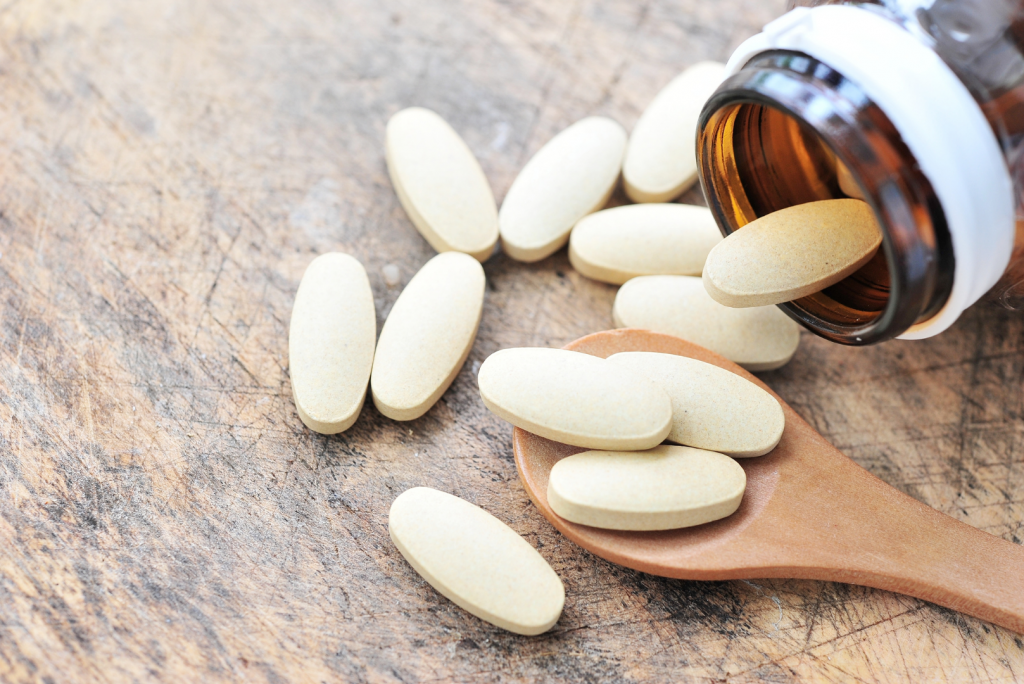 Family History
Family History
If someone in your family has dealt with kidney stones disease, you are more likely to get them than a person without a family history.
The Right Kidney Stone Treatment
Kidney stones disease treatment is the same for adults and children. Examining the size and the type of stone first leads to the right course of treatment.
If the stones are small in size, the first recommendation is to drink lots of water. Keep yourself hydrated so that the stone passes. As a result, there will be no surgery required. However, if there are large kidney stones, any chance of infection or noticeable blockage: an essential surgery for kidney stones is recommended by the doctor. There are three surgical options:-
Shock – Wave Lithotripsy
A shock – wave lithotripsy is quite a non-invasive process. It aims to blast the kidney stones into tiny fragments using high-energy sound waves. This process makes the kidney stone problems to easily pass out in your urine.
Ureteroscopy
In the ureteroscopy, your doctor will use an instrument called an endoscope. It has a small wire along with a camera. The camera helps in locating the stone when inserted in the urethra and the bladder. Then, a small passage is created to remove the kidney stones out of your body.
Tunnel Surgery
The last surgical option is a tunnel surgery. In medical terms, it’s called percutaneous nephrolithotomy. It is used mostly to get rid of complicated or large kidney stones. Here, your surgeon will create a small incision on your back to take out the kidney stones. This surgery is done rarely when your kidney stone pain is unmanageable.
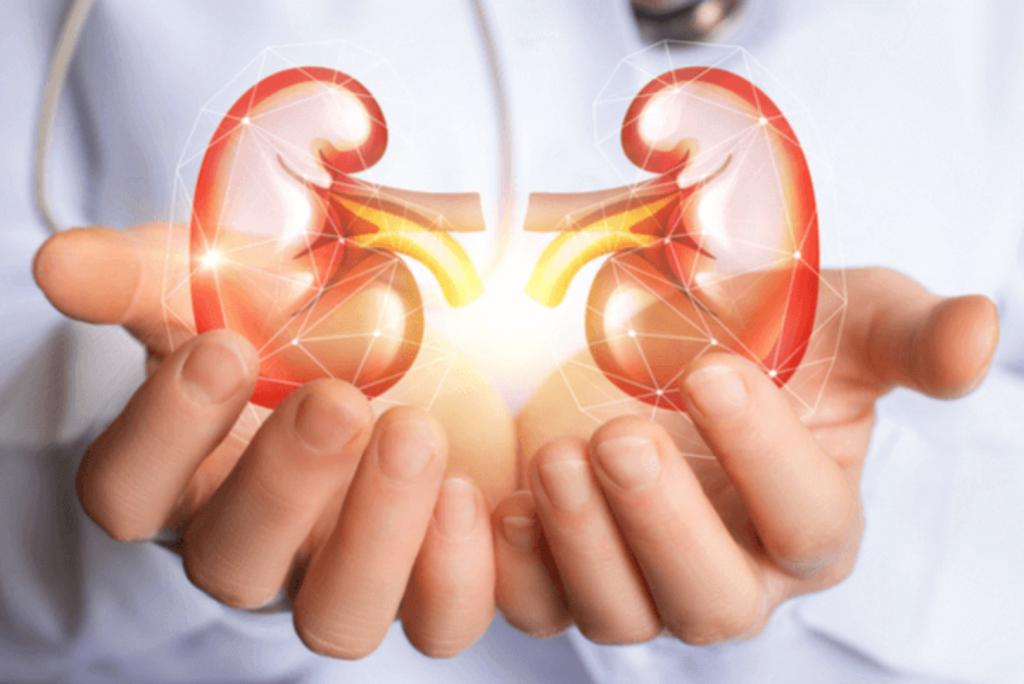 Conclusion
Conclusion
Being a common kidney problem, thankfully kidney stones have effective treatments. Proper hydration is a mandatory practice one should follow for healthy kidneys. Furthermore, good control on your diet can also help a lot in kidney stones prevention. If you experience any symptoms that could possibly be kidney stones, it’s important to get it diagnosed immediately. So, ensure that you visit a doctor to find out the right types of kidney stones, the size, and the best treatment plan. A specialized diagnostics facility at Regency Medical Centre can provide you with the right diagnosis and the best possible patient care.
Doctors, nurses, and support staff at Regency Medical Center are working 24 hours to ensure our patients’ emergency needs are taken care of. We are there to help the people of Dar es Salaam with medical emergencies. Contact us here for any COVID-19 related issues or you can call the emergency staff on +255 765 835 950.

